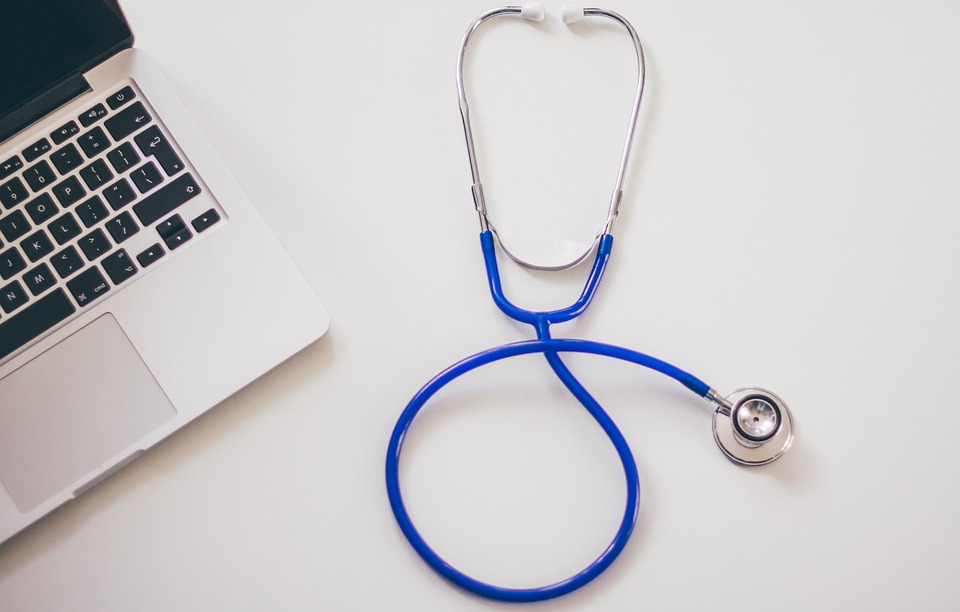Most of us take our breathing for granted. We generally do not think about how our amazing brain automatically regulates the most urgent and important bodily function we have. If we do not breathe we do not live beyond a few short minutes. The ability to breathe and the quality of our breathing clearly has an important impact on our ability to live, but also expresses a great deal of information about the state of our nervous system and emotional health.
Breathing is such a critical function that in addition to being under the automatic control of our brain stem it is also a physical function we can control at will. We know that our breathing is affected by and directly affects our emotional states, exertion levels, nervous system fluctuations and overall whole health.
The affects of emotion on the respiratory system can readily been seen during an asthma attack, which can be very frightening and further reduces the individual’s ability to “catch their breath”. Many of us do not breathe freely. We are breathing freely when we breathe in and out through the muscles of our bellies. We tend to breathe through the chest muscles because we are tense and “holding our breath,” which starves our cells of energizing oxygen.
Deep breathing or relaxed breathing exercises can make an enormous difference in our health and vitality. By changing our breathing from shallow to deep, we can experience many whole health benefits:

> Breathing deeply rather than shallowly creates detoxification within our cells, bringing oxygen rich blood into our cells and cleansing out carbon dioxide.
> Breathing deeply into our bellies rather than our chest muscles produces a greater sense of calm and relaxation brought about through the increase of oxygen to the nervous system.
> This form of cleansing, nourishing breathing is conducive to whole body health and brings about a sense of inner peace.
> Deep breathing can help you sleep better and also feel more energetic because of the increase of oxygen to the brain
This is a great subject to review in your patient education. If you would like to re-train your breathing so that you derive the most benefit each day from this life-sustaining, automatic body function – start slowing. Take just five minutes twice a day to sit quietly in your chair with eyes closed, body relaxed. Allow yourself to focus on your breath. Rather than tensing your shoulders and back muscles, let your breathing rise and fall from your belly muscles. Slow, relaxed breathing for five minutes each day, twice a day, can re-train your automatic breathing patterns and help you to feel better, sleep better and be healthier and more energetic.
Join the conversation. If you enjoyed this article, be sure to follow NIWH on Facebook and Twitter for regular updates filled with useful accredited health program information for holistic nurses and health coaches.






